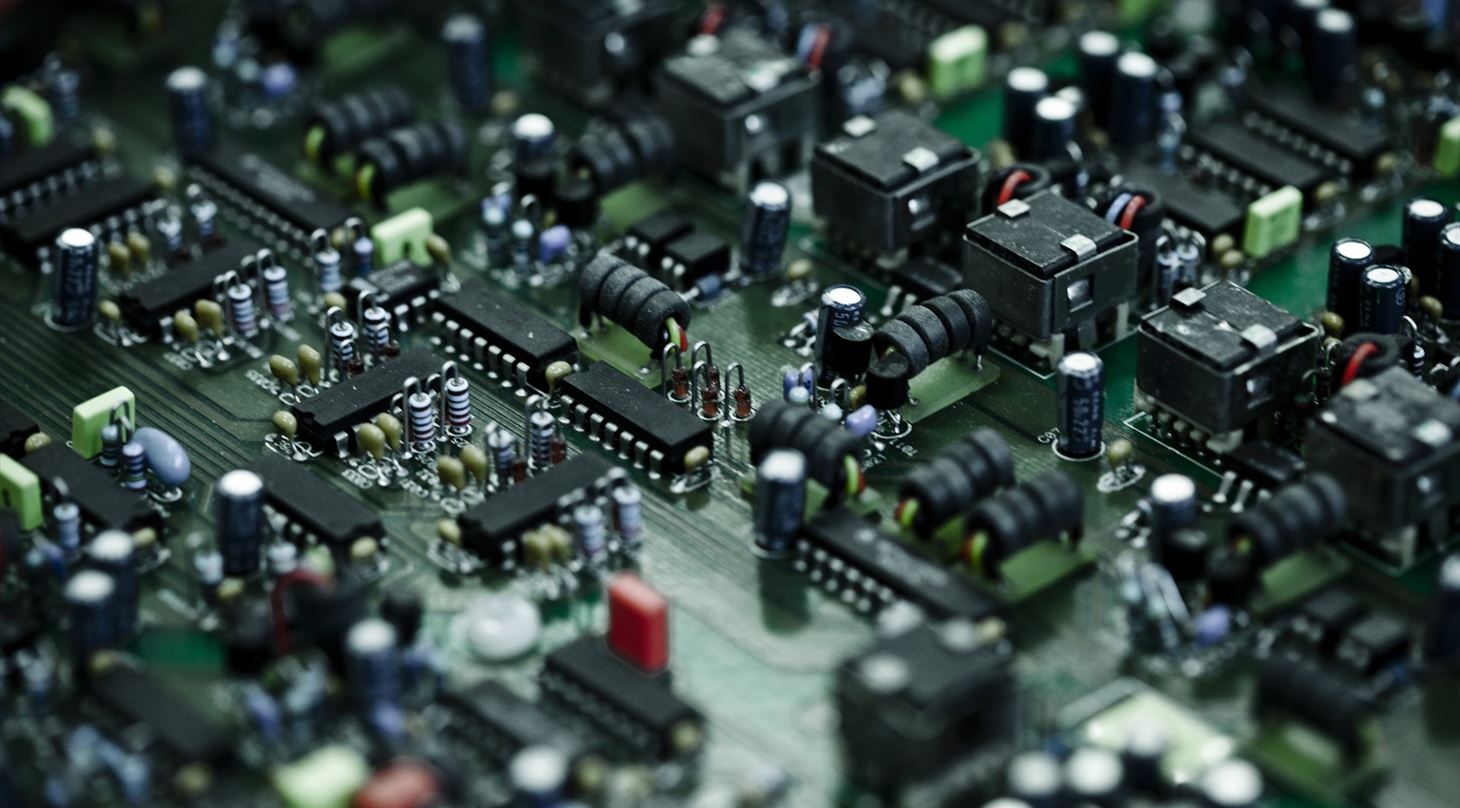
Energy Efficiency Laboratory - Electrical and electronic household and office equipment
Select Page
Our Energy Efficiency Laboratory is accredited to test and evaluate electrical and electronic household and office equipment ranging from household refrigerators and freezers, televisions, computers, household ovens, and set-top boxes to electrical toys and decorative fairy lights. We are also accredited to test and evaluate equipment with standby and off mode electric power consumption and products with external power supplies.
Danish Technological Institute is accredited to test electrical and electronic household and office equipment according to the following test standards:
- EN/ISO 62552
- EN 50564
- EN/IEC 62087
We offer accredited testing and measurement of low power consumption of your products. We also offer evaluation of your product documentation and benchmark testing to establish reference points against which improvements of production or product efficiency can be measured as well as to position your product on the market.
Moreover, we offer consultancy on the current ecodesign and energy labelling requirements as well as the development of new design and technology.
How can Danish Technological Institute help you?
- Accredited compliance testing according to various test standards
- Documentation evaluation
- Consultancy on ecodesign and energy labelling requirements
- Consultancy on the development of design and new technology
- Benchmarking
Please contact us for further information about these services and other related enquiries.
Ecodesign and energy labelling requirements
Electrical and electronic household and office equipment is subject to the ecodesign and energy labelling requirements. Through test and development, we can make your products comply with current requirements and assist you in making your products ready for the European market.
Here, you can read about the ecodesign and energy labelling requirements of products and appliances.
CE marking
The CE marking of a product declares that the product complies with relevant EU regulations and directives. Moreover, the CE marking enables the free movement of products within the EEA countries.
If you are a manufacturer, importer or distributor of products made outside the EU or an EU-based office of a non-EU manufacturer, you are responsible for identifying relevant EU regulations and directives. You are also responsible for complying with these regulations and directives when placing a product on the European market.
Test and development
As ecodesign and energy labelling requirements have increased and become more strict in recent years, the demands made on laboratories to carry out tests for standby power consumption have increased accordingly.
Measuring power consumption less than 1 W with a required uncertainty less than 0.02 W requires precision and accuracy. The Energy Efficiency Laboratory uses some of the best power sources and power analyzers available and our specialists are highly experienced in accredited laboratory testing and measuring.
Case - New type of wine cooler with reduced energy consumption
Danish Technological Institute has participated in a R&D project focusing on the development of a new type of wine cooler with reduced energy consumption.
The objective of the project was to develop a new type of cooler that is energy efficient and environmentally friendly, i.e. uses natural refrigerants. The aim was to reduce energy consumption by 25 % compared to existing wine coolers.
The new type of wine cooler developed in the project has a reduced energy consumption of 47 % . The reduction in energy consumption is e.g. due to a new type of compresser which alone provides 36 % of the reduced energy consumption.
Downloads